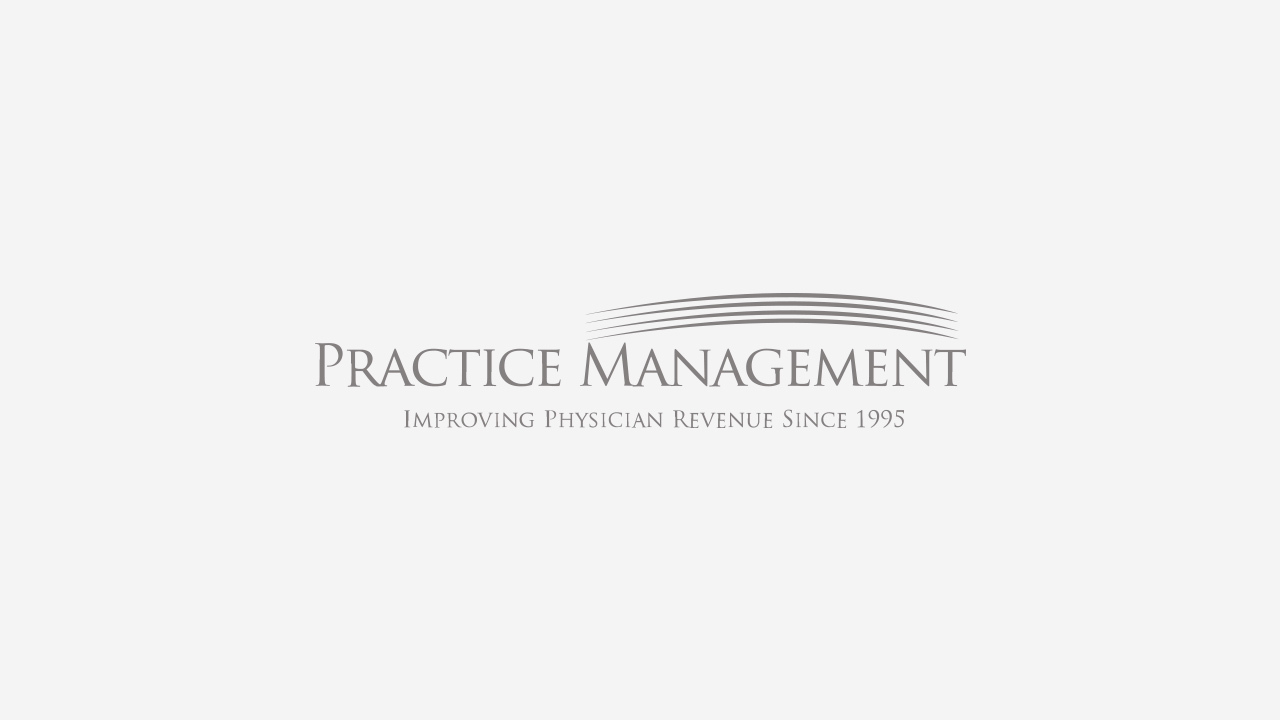
Between the months of October and March, outbreak of the flu hits its peak, which is what we refer to as flu season.
During this time, it’s advised that people avoid contact with those suffering from flu-like symptoms since it can be caught any number of ways. This is easier said than done for those who work with patients, who find it almost impossible to avoid exposure to sickness on a daily basis.
Healthcare facilities find themselves in a uniquely frightening position during flu season, which is why instituting mandatory flu vaccinations has become critical.
The Center for Disease Control (CDC) recommends that healthcare personnel get vaccinated to decrease the risk of contracting the flu, and while many facilities choose to go this route, there are still some that offer more flexibility when it comes to mandatory vaccinations.
But, with that flexibility comes consequences, and many medical practices are playing a dangerous game.
That’s because the flu and its associated complications were responsible for an estimated 80,000 deaths during the 2017-2018 flu season. What’s even more troubling is that there were about 900,000 flu related hospitalizations last year, exposing many of this nation’s healthcare workers to the illness. The good news is that the CDC reports 91.9% of HCP (Health Care Personnel) working in hospitals had vaccination coverage.
Still, there are healthcare workers who often don’t get flu vaccinations like office personnel, assistants, and those working in long-term care facilities. Due to the unpredictable nature of influenza and how it travels, it’s advised that these employees also get vaccinated.
Aside from vaccinations, which is the best method for keeping a practice safe, there are also other preventative measures that should be in place. These are guidelines that every medical facility should follow, especially during flu season.
Here are some steps your practice should take to further protect against the flu:
A combination of smart vaccination policies and safe practices when handling patients is the best way to protect your staff from the flu this season. When it comes to the dangers we can’t see with our own eyes, education is our best friend. Maintaining constant communication with your staff and staying up to date with preventative measures ensures a safe environment for both personnel and the patients they care for.